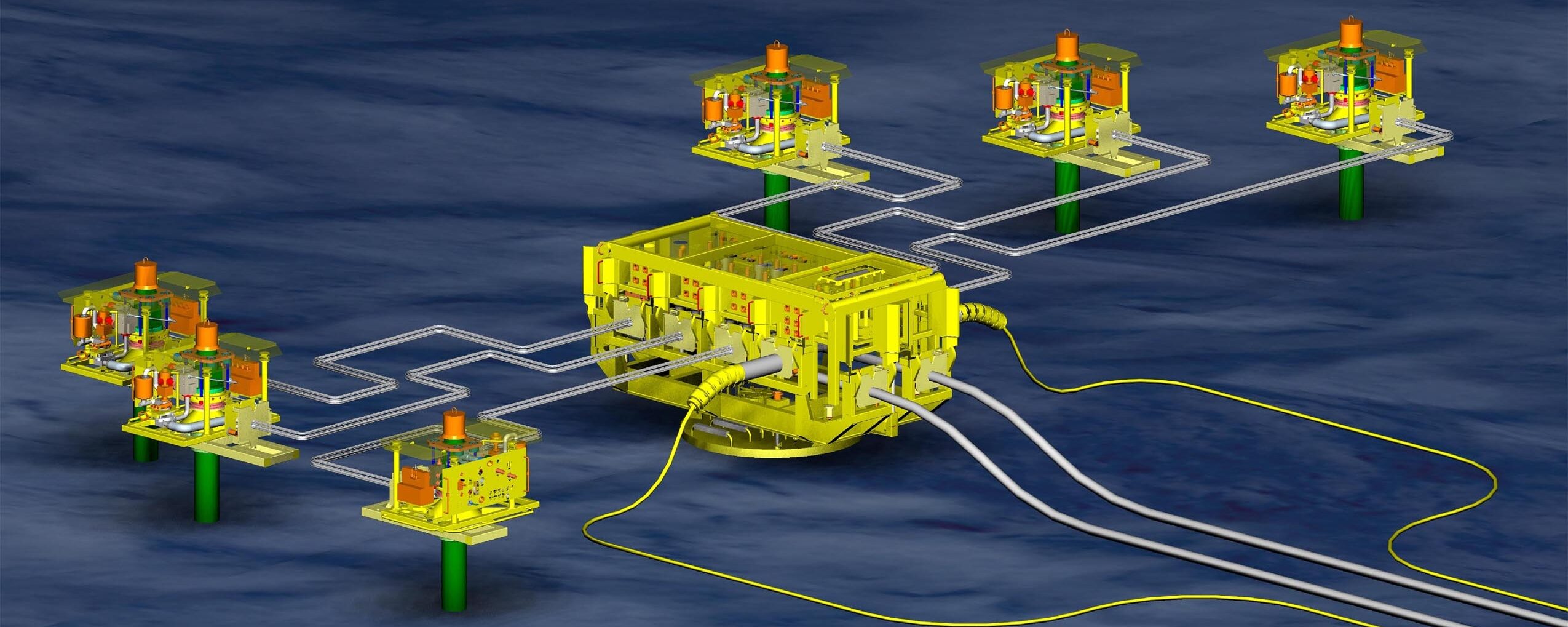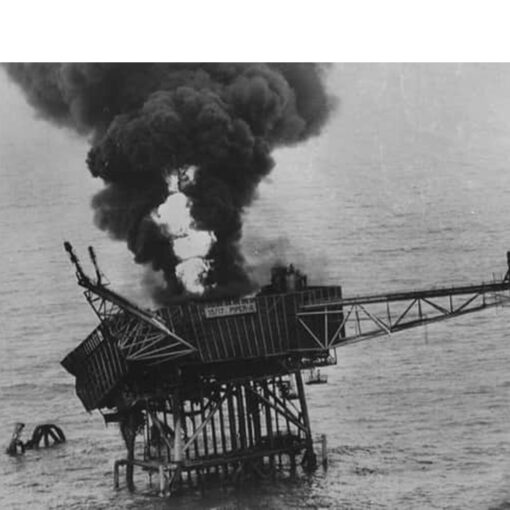If life throws you a break, you get to meet and be friends with a special person. Bil Loth was one for me. Unfortunately the ‘was’ is intended as Bil passed away this morning at the relatively young age of 81. So very sad. He was a one-off – do you know another Bil with one ‘l’?
I already knew Bil for nearly two decades when in 2004 we started working together on the subsea production systems engineering courses, first in Houston and later in Aberdeen, Norway and China. The course was launched that year by me and BJ Lowe of Clarion, who ran many pipeline courses in Houston. BJ asked me, ‘who should we get to be the lead lecturer?’ There was only one person who I thought knew so much – probably too much – about the many diverse parts of a subsea system – WD Loth, Bil to his friends who were many. Wells, xmas trees, control systems, pipelines, risers, floaters – there was little that was outside his ken or experience. And no piece of information would be passed on to aspiring subsea engineers without an anecdote or funny story. Surely, if you knew Bil, you will have heard the tale, when he was a young engineer, about the pig which seemingly got lost in a pipeline, but actually got stuck in the launcher and never left. Just one of many.
Bil, who was born near Buffalo NY on the American-Canadian border, came to the UK in the late 1970’s via Missouri School of Mines, New Mexico – where he corralled his lovely (and then very young) wife Dolly while doing graduate work and Humble-cum-Esso in Houston. He had worked on the legendary SPS system for Esso and was sent ‘over here’ as part of the cohort of engineers to work with Shell on the Central Cormorant UMC project, the first subsea ‘system’ – more than just a well – in UK waters. He never moved back, staying with Shell for a good part of the 1980’s before setting up WD Loth & Co.
Another of my favourite Bil stories was about the period just after he arrived in the UK. He was sent up to look after work that was being done in Barrow and, from what was probably a very comfortable suburban existence in Houston, he moved his family into a windblown and leaky – from his account – country cottage in the Lake District. One particularly blowy night, when the curtain covering the inside of the door was thrashing about, one of his young sons looked at him and asked, ‘Dad, are we poor now?’
Like most fathers, he was immensely proud of his trio of sons, all of whom seem to be quite successful, and his gaggle of grandchildren. But if you really wanted to get him excited, get him talking about his garden, his fruit trees, his greenhouses and particularly about his chilies. He must have acquired his love of chilies – and his wife – from his time in New Mexico, which is a big chili growing state. Since my wife and I acquired a greenhouse and an allotment, he would send us seeds and even seedlings, through the post. Growing chilies without him will never be the same.
The only activity that he loved as much as his family, engineering and gardening was teaching. He took over from Andrew Palmer at the University of Singapore and was also involved with RGU, Newcastle and Cranfield (I think), et al. When Bil was in full flow while giving a lecture or regaling the students with a story, he would punctuate it with the phrase ‘good deal’. And so this is the ultimate bad deal – Bil, you and that mustache will be missed. Cheerio, my friend, from one expat Yank to another. RIP.




